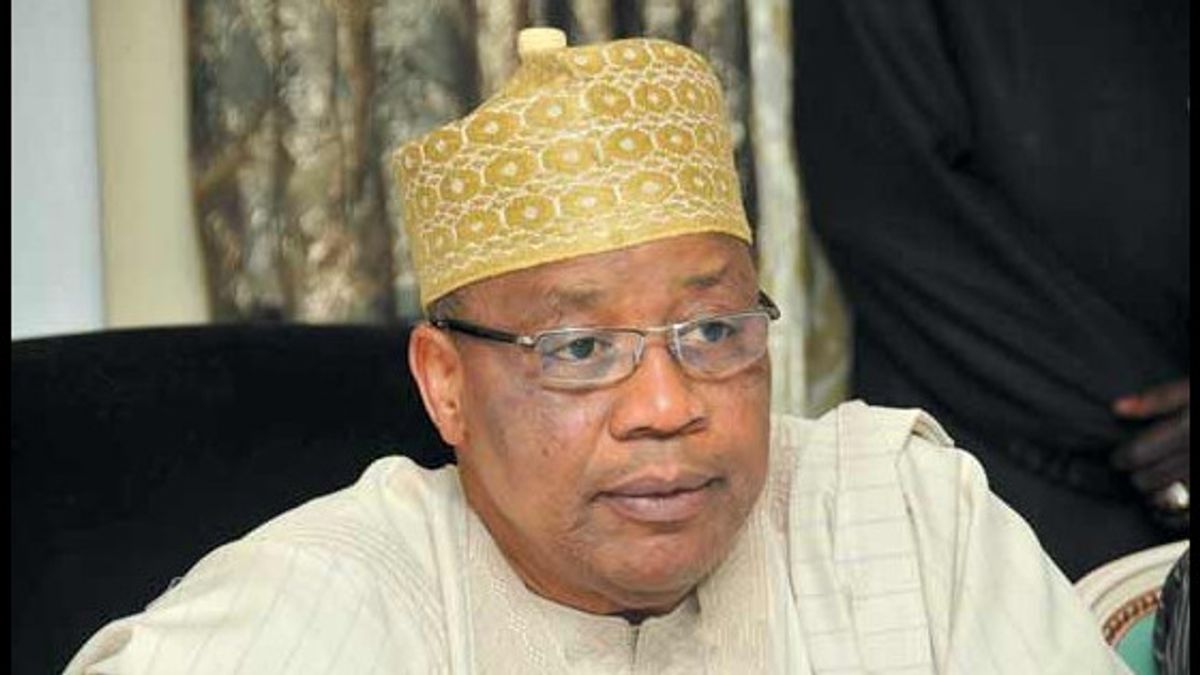JAKARTA - The Nigerian government will reportedly soon pass a law that will recognize the use of Bitcoin and other cryptocurrencies. This is done to keep up with the development of global practices'.
The news was reported by Nigeria-based status newspaper on December 18 after an interview with Nigerian House of Representatives' Capital Market Committee Chairman, Babakida Ibrahim.
The report states that if the 2007 Investment and Securities Act (Amend) is signed into law, then it will allow the Nigerian Securities and Exchange Commission to recognize cryptocurrencies and other digital funds as capital for investment.
Ibrahim stressed the need for Nigeria to follow trends and developments in the capital market:
"As I said earlier in the second reading, we need an efficient and passionate capital market in Nigeria. For us to do that, we have to follow global practices," Ibrahim said, as quoted by Cointelegraph.
The report comes nearly 24 months after Nigeria banned crypto activity in February 2021, when the Nigerian Central Bank (CBN) ordered the Nigerian crypto exchange and service providers to halt activity and mandate banks to close any individual accounts or entities found to be involved in crypto trading activities.
But Ibrahim, who served as President of Nigeria between 1985 and 1993, confirmed that the passing of the law was not a 180-degree change over the ban, but a secondary review of what was within CBN's sphere of power.
"It's not about lifting the ban, we see its legality: what is legal and what is in our operational framework in Nigeria," said Ibrahim.
When cryptocurrencies were initially banned in Nigeria, CBN found that most of these investors didn't even use local accounts. So, they are not in CBN jurisdiction. Because they don't use local accounts, it's impossible for CBN to check it," he explained.
If the law is passed, amendments will be made to the Nigerian Investment and Securities Act 2007.
In addition to the assignment of legal recognition for Bitcoin and other cryptocurrencies, the law will outline the role of setting the Nigerian Central Bank and the Nigerian Securities Exchange Commission (SEC) on matters relating to digital currencies.
The law also comes as Nigerians also showed little or no interest in Nigeria's central bank digital currency, eNaira, which only acquired a 0.5% adoption rate in October, 12 months after its launch.
The Nigerian government's efforts to crack down on crypto activity were also arguably ineffective, as adoption continued to increase following the ban in February 2021.
From January to August last year, Nigerians only followed the United States in Bitcoin trading volume, and during the same period, Nigerians were more likely to use Google's 'Bitcoin' than any other citizen.
The English, Chinese, Japanese, Arabic, and French versions are automatically generated by the AI. So there may still be inaccuracies in translating, please always see Indonesian as our main language. (system supported by DigitalSiber.id)











